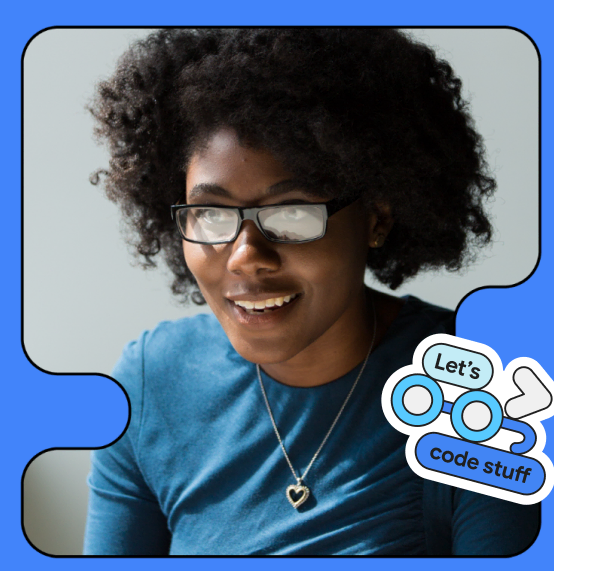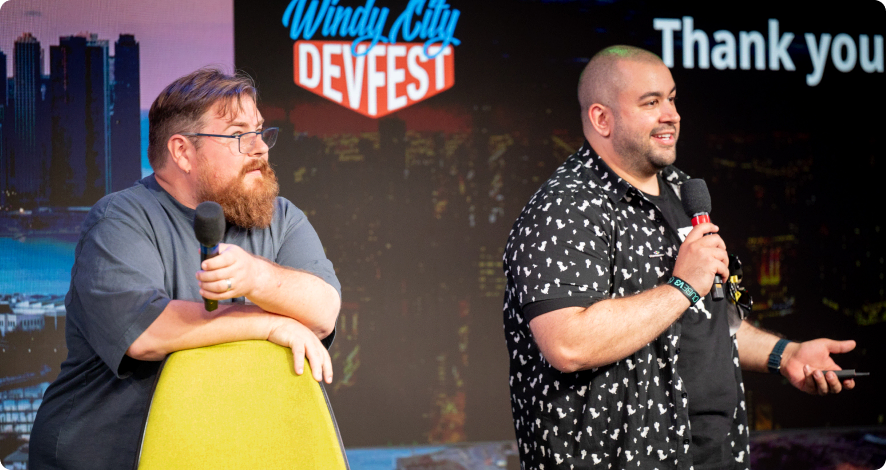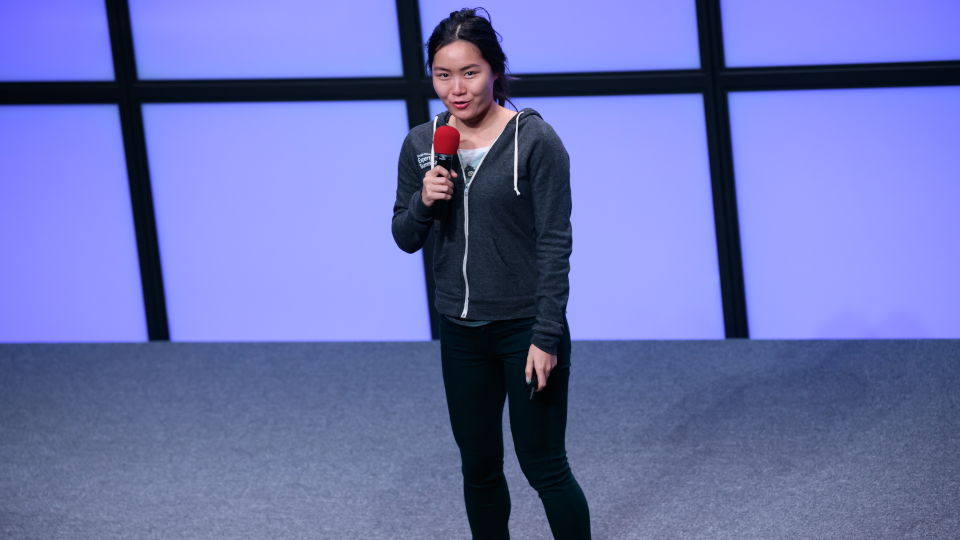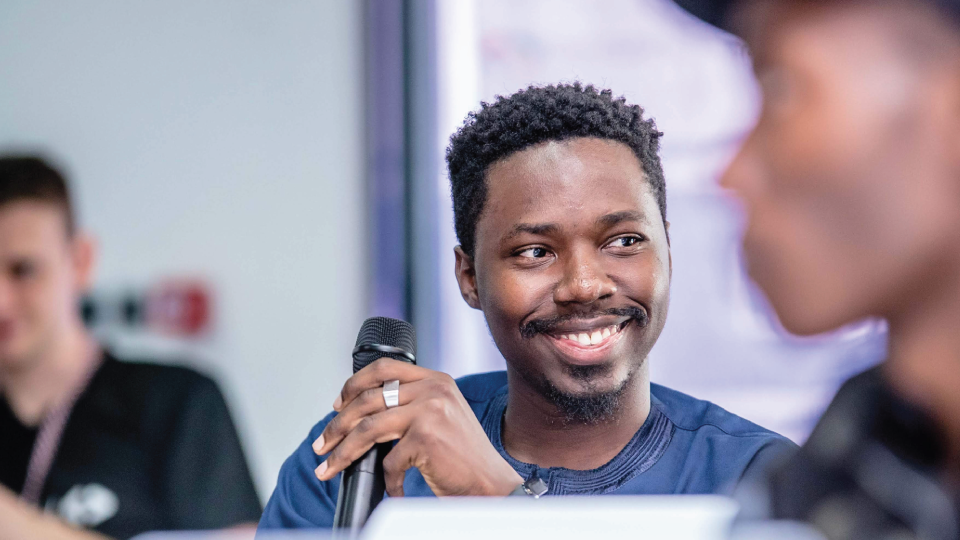

DevFest 2025 is here. Join the world's largest community-driven tech conference to learn, build and network with fellow developers. Find a DevFest near you!
Find an event or group near you
About the communities

Google Developer Groups
Google Developer Groups (GDGs) bring together developers and technologists to connect, learn, and grow alongside Google's technologies and experts. These groups support innovation and growth in the tech world by providing opportunities to learn, share knowledge, and collaborate. Some GDGs focus on specific subject areas, like applying technology to fields such as science, providing a space for developers with specialized interests to connect and collaborate.
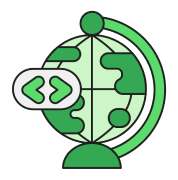
Google Developer Groups on Campus
GDGs on Campus provide learning opportunities for aspiring developers from universities and colleges around the world, allowing them to gain hands-on experience, develop essential skills, and build a strong foundation for a tech career. After graduating, GDGs on Campus members can seamlessly transition to a broader GDG community, continuing their learning and collaboration with fellow developers.
DevFest
Last year, DevFest, the annual tech conference for developers organized by Google Developer Groups across the globe, centered on Responsible AI. This theme allowed for exploration of the importance of developing technologies that enhance productivity responsibly, ensuring AI serves humanity.
Become a leader in your local developer community
Lead a Google Developer Group (GDG) and empower your local developer community. Before you start, check the GDG Chapter Directory to see if a chapter already exists in your city or on your campus. If one does, reach out to the organizers through the chapter page and get involved. If there isn't a GDG near you, apply to start one! Leading a GDG, whether on campus or in your city, allows you to develop leadership skills, gain recognition, expand your network and collaborate with other passionate developers. You'll create a welcoming space for learning and growth, make a positive impact on the tech world, and access valuable resources and support to tackle challenging projects and advance your career.
Additional communities and programs
Google Developer Experts
Become a recognized leader in your field. Join the Google Developer Experts program and share your passion for Google technologies. Gain global recognition, connect with a vibrant community of experts, and elevate your impact through speaking engagements, workshops, and content creation.
Accelerator
Fuel your innovation with Google’s accelerator programs. Our accelerators empower startups and developers to leverage cutting-edge Google technology to solve real-world challenges. Gain access to mentorship, resources, and funding opportunities to drive your organization's success.

